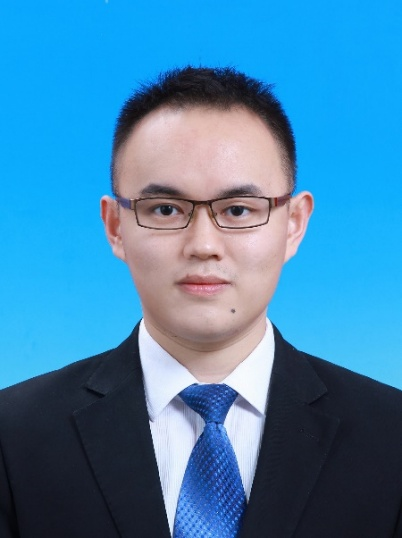Presenter: Associate Professor Tang Guohao (School of Finance and Statistics, Hunan University)
Host: Xie Mingjia, Assistant Professor (Li Anmin Institute of Economics, Liaoning University)
Guest Introduction: Assistant Professor Mao Minghai (Li Anmin Institute of Economics, Liaoning University)
Date: April 28, 2025 (Monday) 10:00 - 11:30 (Beijing Time)
Location: Conference Room on the First Floor of Wuzhouyuan, Chongshan Campus, Liaoning University
Online address: Tencent Meeting 846-7809-5157
Language: Chinese/English
Abstract: This paper investigates whether ChatGPT and DeepSeek can predict stock markets and macroeconomics by analyzing the headlines of The Wall Street Journal. The study finds that ChatGPT demonstrates strong predictive power, performing well both in-sample and out-of-sample, and shows no forward-looking bias. Specifically, the proportion of "good news" identified by ChatGPT is positively correlated with market returns during the same period and can significantly predict market returns in the next six months. Its predictive ability increases with the extension of the prediction period, with an R² value of 8.52% for annual predictions. In contrast, the proportion of "bad news" has a weaker correlation with market returns and lacks predictive value. DeepSeek can better simulate investor behavior, especially the optimistic sentiment generated by macroeconomic fundamentals. The difference between the two leads to the investment information captured by DeepSeek being quickly transmitted to the stock market, while the positive news identified by ChatGPT has a lagged impact on the stock market.
Speaker Profile:

Associate Professor Tang Guohao holds a Ph.D. in Economics (Finance), is a member of the Hunan Young Talents Program, and a visiting scholar at Washington University in St. Louis. Currently, he serves as an associate professor and doctoral supervisor at the School of Finance and Statistics, Hunan University, and is the deputy director of the Department of Financial Technology and Engineering. He is also a council member of the Quantitative Finance Branch of the Chinese Society of Optimization, Statistics and Management Science, and a researcher at the Hunan Provincial Key Laboratory of Big Data Mining and Application in Macroeconomics. He has led projects funded by the National Natural Science Foundation of China, the Ministry of Education Humanities and Social Sciences Foundation, the Hunan Provincial Natural Science Foundation (both general and youth projects), and provincial teaching reform projects. Currently, he is the co-editor-in-chief of Annals of Economics and Finance, the first Chinese economic and financial journal to be indexed by SSCI. His research mainly focuses on financial technology and financial machine learning, as well as empirical asset pricing with Chinese characteristics. He has published papers in Journal of Financial and Quantitative Analysis, Journal of Banking & Finance, Journal of Economic Dynamics & Control, Journal of International Money and Finance, and domestic important journals such as Journal of Management Sciences in China, Journal of Finance, Economic Quarterly, and Economic Dynamics. His research on think tank services has received instructions from the Vice Premier of the State Council, the Secretary of the Provincial Committee, and the Governor. He has received the title of Excellent Master's Thesis Supervisor in Hunan Province (2024), the First Prize of the Seventh National University Economic and Management Experimental Teaching Case Competition (2024), and multiple provincial (Second Prize of the Provincial Information Technology Teaching Competition) and university-level teaching competition honors.
